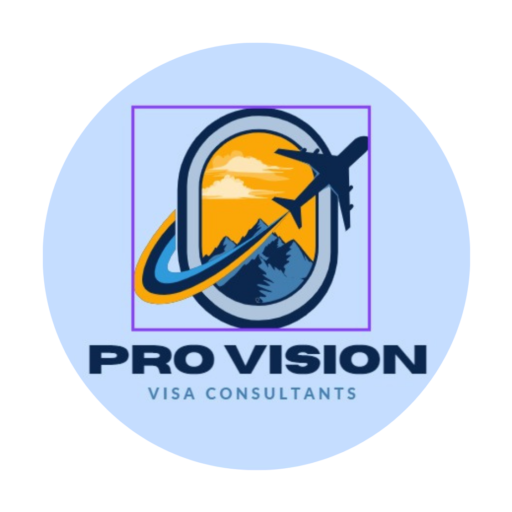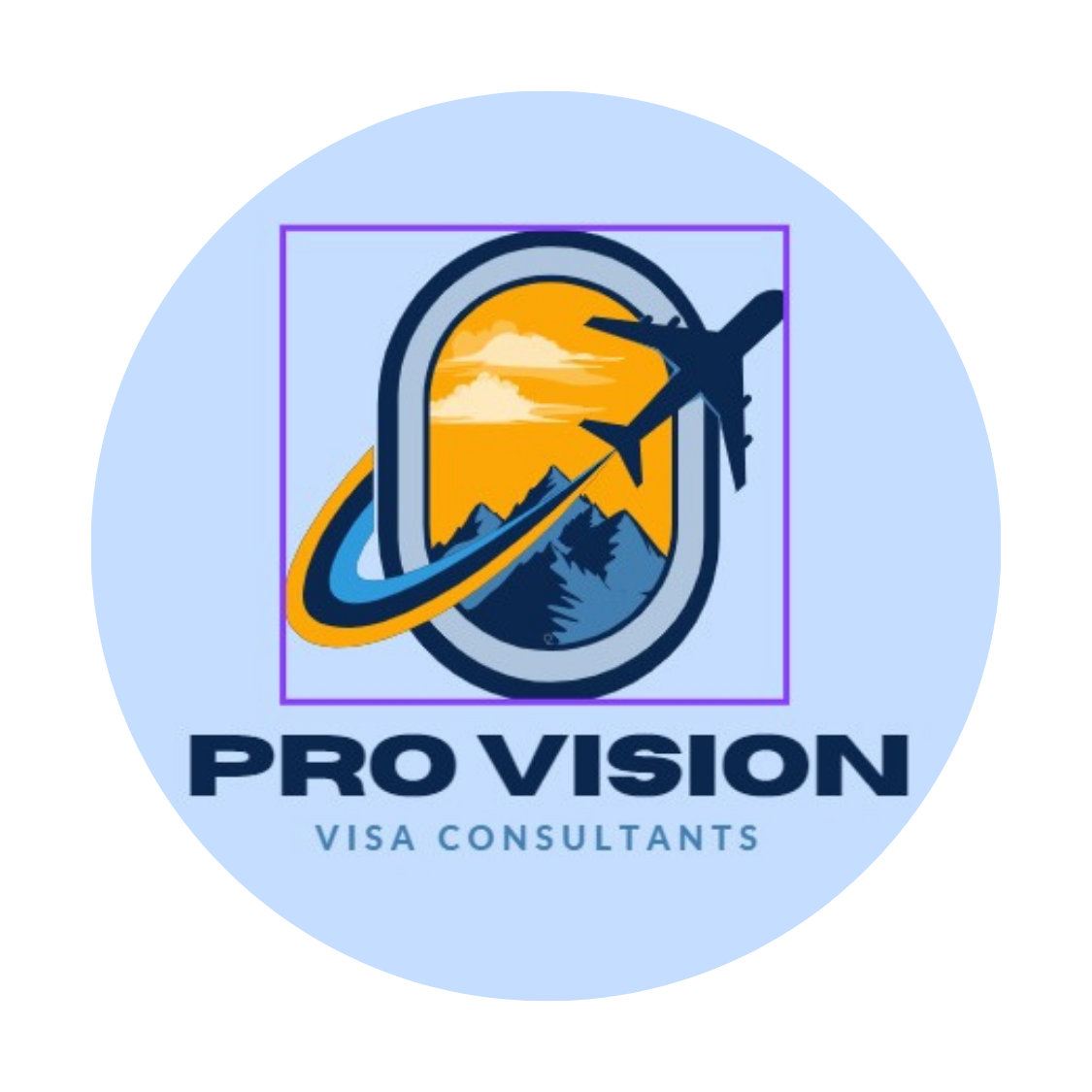Embarking on an educational journey abroad is an exciting and transformative experience. However, before you can set foot on foreign soil, you need to navigate the study visa application process, which often includes an essential component: the visa interview. This step can be daunting, but with the right preparation, you can approach it with confidence and increase your chances of success. Here’s a comprehensive guide to help you prepare effectively for your study visa interview.
1. Understand the Purpose of the Interview
The study visa interview is a crucial part of the application process where you’ll be assessed on your suitability for the visa. The primary goals of the interview are to verify your genuine intent to study, confirm your financial stability, and ensure you meet the eligibility criteria for the visa. The interviewer will also evaluate your knowledge about the country and institution where you plan to study.
2. Research the Visa Requirements
Different countries and institutions have varying visa requirements and interview processes. Start by thoroughly researching the specific requirements for your target destination. This includes understanding the types of questions commonly asked, the documents you need to present, and any particular regulations or policies related to the study visa.
3. Review Your Application Materials
Ensure you are familiar with every detail of your application and supporting documents. The interviewer may ask questions related to your application form, statement of purpose, academic transcripts, and financial documents. Reviewing these materials beforehand will help you answer questions confidently and accurately.
4. Prepare Your Answers
While you can’t predict every question, preparing answers to common questions can help you feel more prepared. Here are some typical questions you might encounter:
- Why do you want to study in this particular country?
- Why did you choose this specific institution?
- How does this program align with your career goals?
- How will you fund your studies and living expenses?
- What are your plans after completing your studies?
Craft thoughtful and concise answers that reflect your genuine motivations and aspirations. Practice your responses, but avoid memorizing them verbatim; you want to sound natural and authentic.
5. Practice Your Communication Skills
Effective communication is key to a successful interview. Practice speaking clearly and confidently about your study plans and motivations. Consider conducting mock interviews with a friend or mentor to refine your responses and improve your comfort level. Focus on maintaining good eye contact, speaking at a moderate pace, and expressing yourself clearly.
6. Gather and Organize Your Documents
Prepare a complete set of documents to bring to the interview. Commonly required documents include:
- Passport
- Visa application form
- Proof of acceptance from the institution
- Financial statements or proof of funds
- Academic transcripts and certificates
- Statement of purpose or personal statement
Ensure that all documents are current, accurate, and organized neatly. Having these documents ready and accessible will help you respond quickly and efficiently to any requests during the interview.
7. Dress Professionally
Your appearance matters during the interview, as it reflects your seriousness and professionalism. Dress in business attire that is appropriate for the setting. Aim for a clean, polished look that demonstrates respect for the interview process. Avoid overly casual clothing, and ensure your outfit is comfortable and well-fitted.
8. Prepare for Cultural Differences
If you are interviewing for a visa to a country with cultural norms different from your own, take some time to understand these cultural differences. Familiarize yourself with any specific customs or etiquette expected during the interview. Being aware of and respectful toward cultural practices can positively influence the interviewer’s perception of you.
9. Arrive Early
Plan to arrive at the interview location well before your scheduled time. This allows you to account for any unexpected delays and ensures you have ample time to settle in. Arriving early also demonstrates punctuality and commitment, which are positive traits in any professional setting.
10. Stay Calm and Confident
Feeling nervous before an interview is normal, but managing your anxiety is crucial. Practice relaxation techniques such as deep breathing or visualization to calm your nerves. Remind yourself of your preparation and the effort you’ve put into the application process. Confidence is key, so trust in your abilities and present yourself with poise and assurance.
11. Listen Carefully and Answer Thoughtfully
During the interview, listen to each question carefully before responding. Take a moment to gather your thoughts if needed. Answer each question thoughtfully and provide clear, concise responses. If you don’t understand a question, it’s okay to ask the interviewer to clarify.
12. Follow-Up After the Interview
After the interview, express your gratitude to the interviewer for their time. A polite thank-you note or email can leave a positive impression and reinforce your genuine interest in studying in their country. Additionally, keep track of any follow-up actions or additional documents that may be requested.
Conclusion
Preparing for a study visa interview requires careful planning, thorough research, and practice. By understanding the purpose of the interview, reviewing your application materials, and practicing your responses, you can approach the interview with confidence and poise. Remember to stay calm, dress professionally, and communicate clearly. With these tips and tricks, you’ll be well-prepared to showcase your qualifications and secure your study visa.
Good luck with your study visa interview, and may your educational journey be a fulfilling and rewarding experience!

